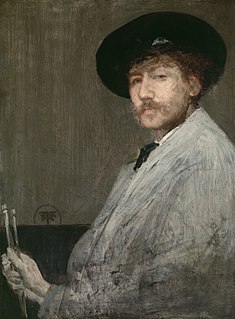A Quote by Alberto Manguel
But at night, when the library lamps are lit, the outside world disappears and nothing but the space of books remains in existence.
Related Quotes
It has always been my experience that, whatever groupings I choose for my books, the space in which I plan to lodge them necessarily reshapes my choice and, more important, in no time proves too small for them and forces me to change my arrangement. In a library, no empty shelf remains empty for long. Like Nature, libraries abhor a vacuum, and the problem of space is inherent in the very nature of any collection of books.
Each thing that exists remains forever, and that very existence of existence is proof of its eternity. But without that realization, which is the knowledge of perfect being, man would never know whether there was existence or non-existence. If eternal existence is altered, then it must become more beautiful; and if it disappears, it must return with more sublime image; and if it sleeps, it must dream of a better awakening, for it is ever greater upon its rebirth.
Take the case of the infinite ocean. There is no limit to its water. Suppose a pot is immersed in it: there is water both inside and outside the pot. The jnani sees that both inside and outside there is nothing but Paramatman. Then what is this pot? It is 'I-consciousness'. Because of the pot the water appears to be divided into two parts; because of the pot you seem to perceive an inside and an outside. One feels that way as long as this pot of 'I' exists. When the 'I' disappears, what is remains. That cannot be described in words.
As light fades and the shadows deepen, all petty and exacting details vanish, everything trivial disappears, and I see things as they are in great strong masses: the buttons are lost, but the sitter remains; the sitter is lost, but the shadow remains; the shadow is lost, but the picture remains. And that, night cannot efface from the painter's imagination.
In nature nothing remains constant. Everything is in a perpetual state of transformation, motion, and change. However, we discover that nothing simply surges up out of nothing without having antecedents that existed before. Likewise, nothing ever disappears without a trace, in the sense that it gives rise to absolutely nothing existing in later times.




































